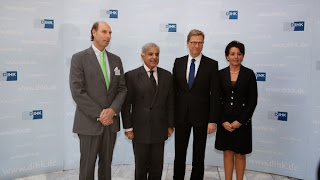 |
| David Culler |
According to Culler, two and a half billion people are connected to the Internet involving all aspects of society and all aspects of modern life. Commenting on extremely low number of female computer science students in the United States, he asks : "Would you want any demographic group to be left out of shaping something that is so important to our future?"
"Based on current trends, U.S. universities will graduate about 400,000 computer scientists between 2010 and 2020, a decade during which 1.4 million U.S. computing jobs will open up, leaving a gap of about a million computing jobs. Together those 1 million jobs would pay $500 billion in wages, the report says quoting Hadi Partovi, co-founder of Code.org, a nonprofit working to encourage computer science education in K-12 schools.
According to the Mercury News report, four of the 20 top-paying jobs for women are in computing, a broad field in which only about one-quarter of workers are female. The best tech jobs for women are positions such as computer programmer, software developer, information systems manager and systems analyst, with median pay for women ranging from about $60,000 to about $80,000. The figures are higher for men, ranging from about $71,000 to about $90,000. Without U.S. workers to fill those jobs, employers will face three choices: export the work, import the workers or leave the positions empty.










